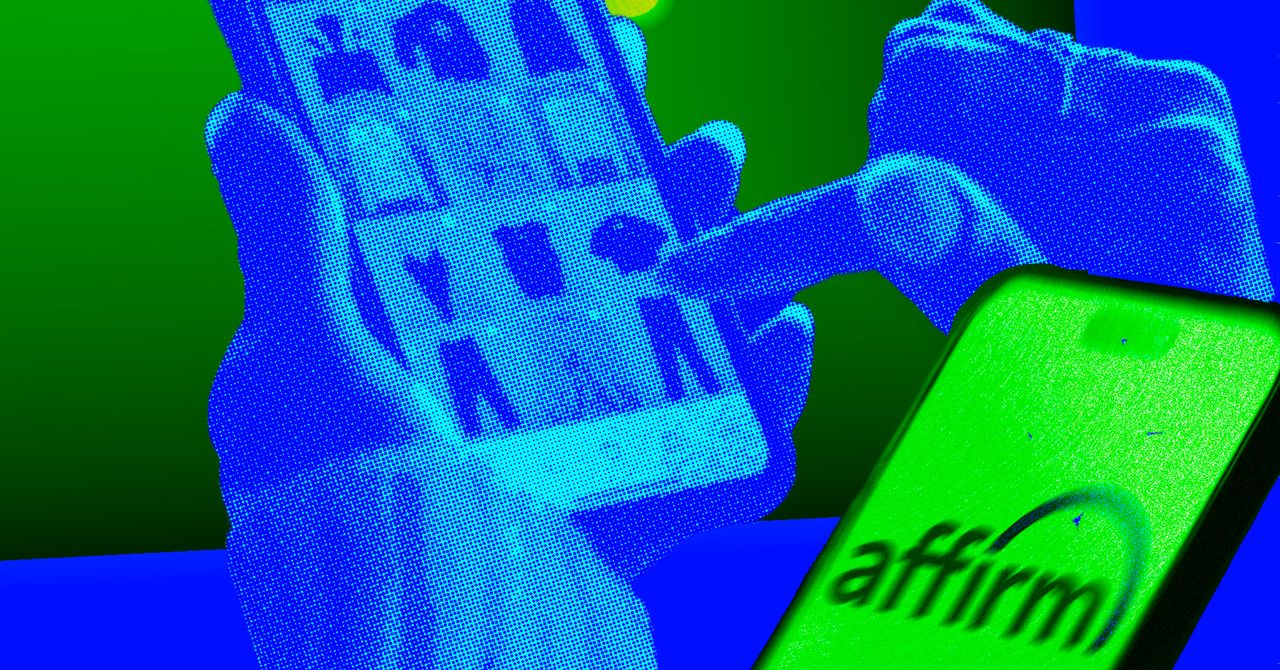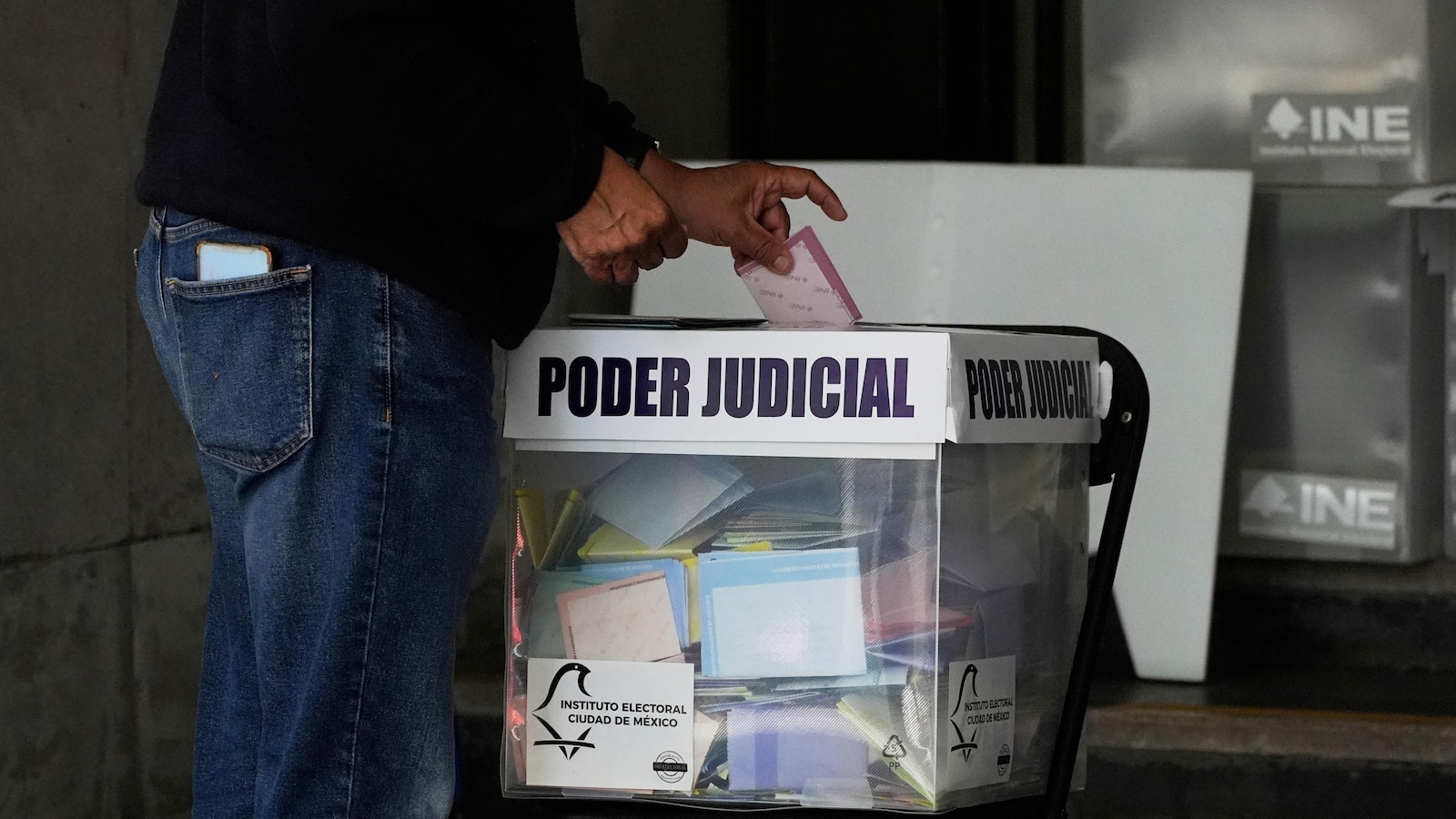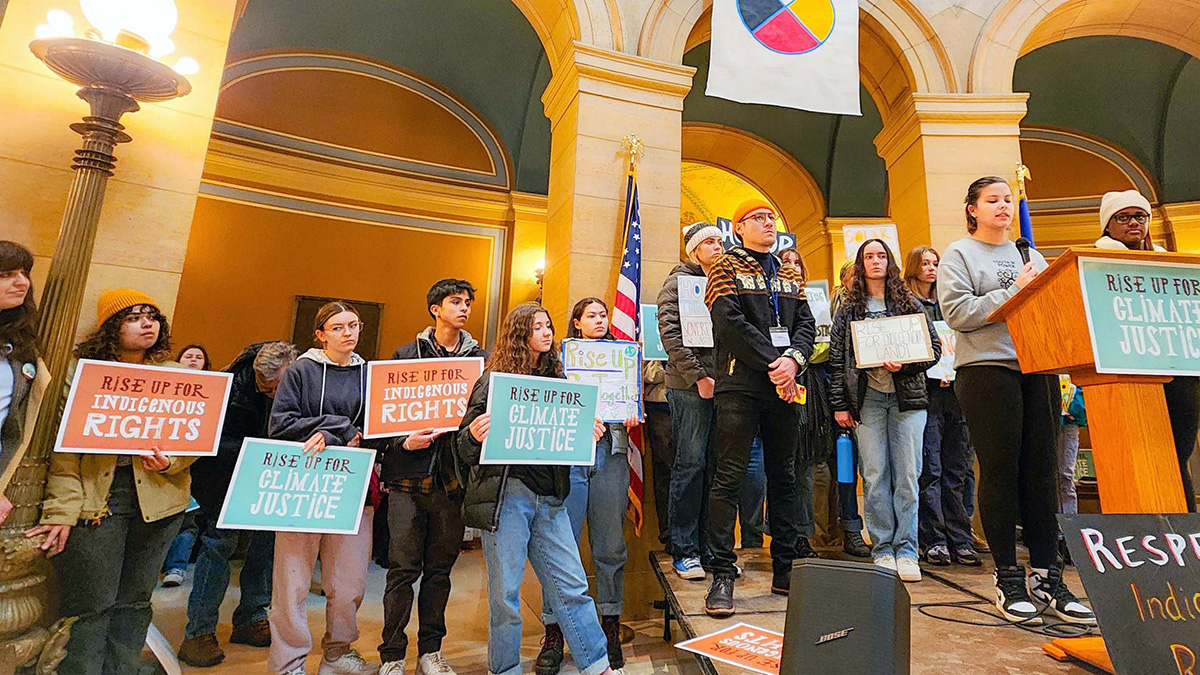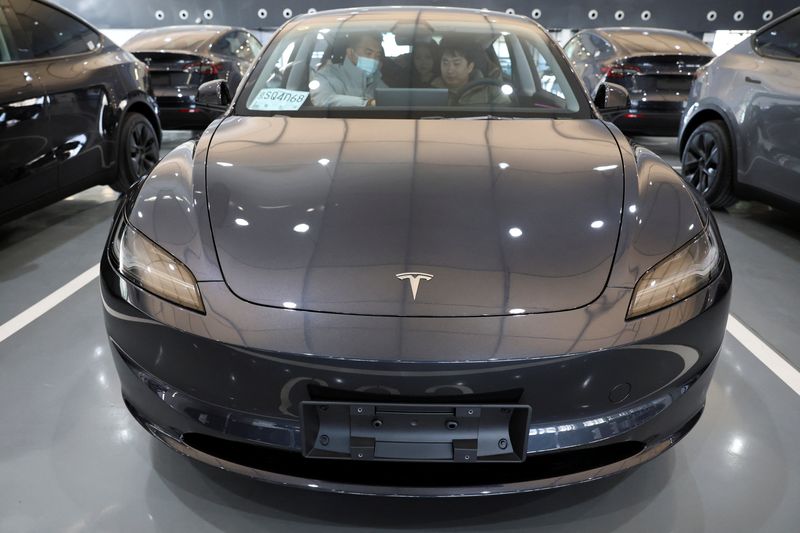[ad_1]
The financial winds whipped up by President Trump’s “Liberation Day” tariff proclamations in early April have been something however a delicate breeze. Rising costs, fomenting commerce wars, and uncertainty about when tariffs will go into impact has led to a risky financial local weather.
People trying to purchase electronics and different items affected by the tariffs try to determine whether or not they need to wait it out to see if the administration’s commerce insurance policies develop into extra favorable, or shortly scoop up what they’ll whereas costs are nonetheless cheap-ish.
For shoppers weighing a buying determination, purchase now, pay later providers like Klarna, Affirm, and Afterpay are providing to make that selection simpler.
These corporations make a comparatively easy case: Spread out the price of a purchase order into smaller, extra manageable funds over the course of some weeks or months. Because BNPL providers make offers with the sellers they’re offering the fee plans for, the businesses behind the BNPLs don’t cost curiosity to the shopper. So as an alternative of spacing out a purchase order with a bank card, say—which often costs a excessive rate of interest—BNPL would get you that factor you need for the listed value.
BNPL corporations don’t require you to have good credit score, and so they solely cost charges for those who’re late together with your funds. Otherwise it’s a pleasant free amenity—and one which may point out larger monetary troubles throughout the economic system.
Nadine Chabrier, senior coverage council on the nonprofit Center for Responsible Lending, says it’s simple to see why BNPL providers are interesting. “The top reasons consumers use buy now, pay later is because they can’t afford the full cost of the item at once,” she says. “Another reason is because there’s a higher approval rate. It’s that convenience factor.”
Economic uncertainty—over tariffs, rising inflation, and the potential for a looming recession—is giving shoppers pause about stretching their restricted funds. It’s rocky occasions like these when BNPL providers develop into much more interesting.
“BNPL really skyrocketed in adoption during the pandemic,” says Matt Gross, a spokesperson for Affirm. “It may not be as high-growth now as you saw in 2020, 2021, when everyone was stuck at home shopping online, but we’re still growing at orders of magnitude faster than broader spending and consumption levels.”
Stress Spending
Economic watchdogs have issues about BNPL. The providers typically enchantment to folks with decrease incomes, who monetary specialists have warned could also be susceptible to financially overextending themselves. Still, BNPL providers are actually woven into almost each digital fee platform, and folks have come to depend on them. PayPal provides it now, letting you unfold out funds of just about something. Klarna has partnered with DoorDash, so you’ll be able to pay for your loved ones’s dinner in weekly installments. And folks aren’t simply utilizing them for electronics and pizza supply, but additionally for primary necessities: A current research discovered that 25 p.c of BNPL customers within the US have been counting on the providers to cowl the prices of meals and family sundries.
“Before tariffs even came into the picture, people were already using BNPL for gas and groceries,” Chabrier says. “We’re already talking about folks who may not have a lot of money or credit to spare. Additional economic stress could be hard.”
[ad_2]



